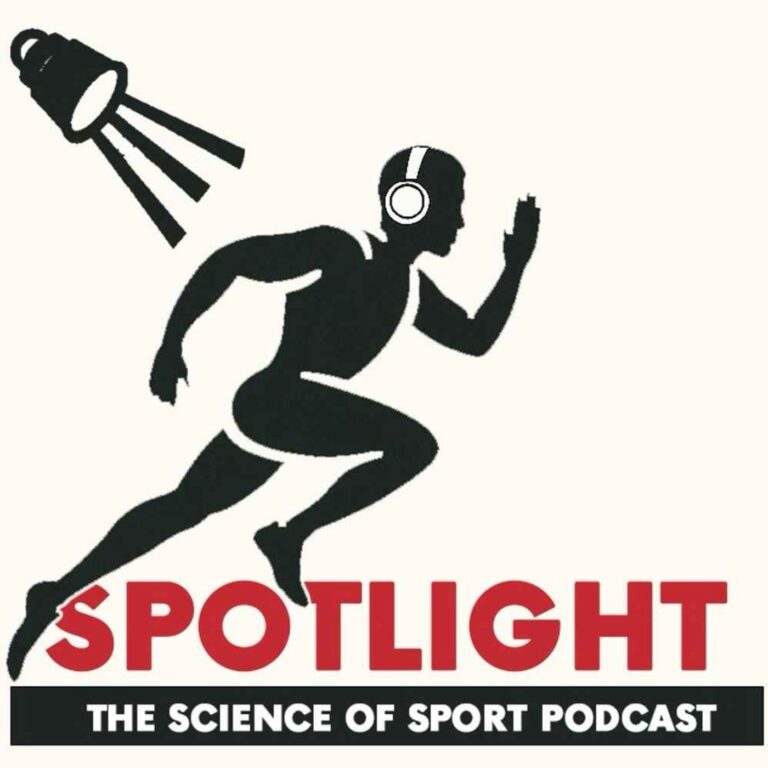
World-renowned sports scientist Professor Ross Tucker and veteran sports journalist Mike Finch break down the myths, practices and controversies from the world of sport. From athletics to rugby, soccer, cycling and more, the two delve into the most recent research, unearth lessons from the pros and host exclusive interviews with some of the world’s leading sporting experts. For those who love sport.
Hosted on Acast. See acast.com/privacy for more information.
The conversation continues on Discourse, for our Science of Sport Supporters. Join now with a small monthly pledge for access to the best sports science discussion community around
In the Spotlight this week, we revisit a recurring theme to explore whether a paper claiming no advantage for males who identify as women has any validity, and we cover some news from the world of sport and health.
17:31 Our main focus is on a systematic review, published last week, claiming that evidence suggests no physical differences and thus no sporting advantages in trans identified males. We explain why the paper is misleading, and how the authors and journal ignored very obvious flaws in the research to arrive at their concussion.
1:31 We also discuss an interview given by Imane Khelif in which the Algerian boxer confirms what was already widely known about male advantage, as well as some surprising details about suppressing testosterone, and defiance and denial about male advantage.
36:44 In sports action, Femke Bol made an 800m debut indoors – we discuss the performance and what it tells us of her ceiling.
43:20 Serena Williams is making a return, but appeared in a Superbowl halftime advertisement to promote ozempic for weight loss, which triggered a wave of criticism and fear about the displacement of exercise, diet and responsibillty for weight loss. We consider the arguments.
50:52 Continuous glucose monitors are in the spotlight, after a range were recalled for providing inaccurate data, which has lead to death and injury in people misled by dodgy data. We discuss the matter in the context of how wearables have to, at a minimum, provide accurate information when decision making will change on the basis of that information.
And finally, a Lance Armstrong movie is imminent, and Hollie Davidson referees a Six Nations match at the weekend. We end with brief thoughts.
Links
- The systematic review on transgender women
- A previous systematic review, minus the meta-analysis, that reaches the opposite conclusion by focusing on non cross-sectional research
- The Imane Khelif interview
- The Serena Superbowl Advert
- Story on the recall of continuous glucose monitors
- Hollie Davidson interview ahead of her Six Nations debut this weekend
Hosted on Acast. See acast.com/privacy for more information.
























